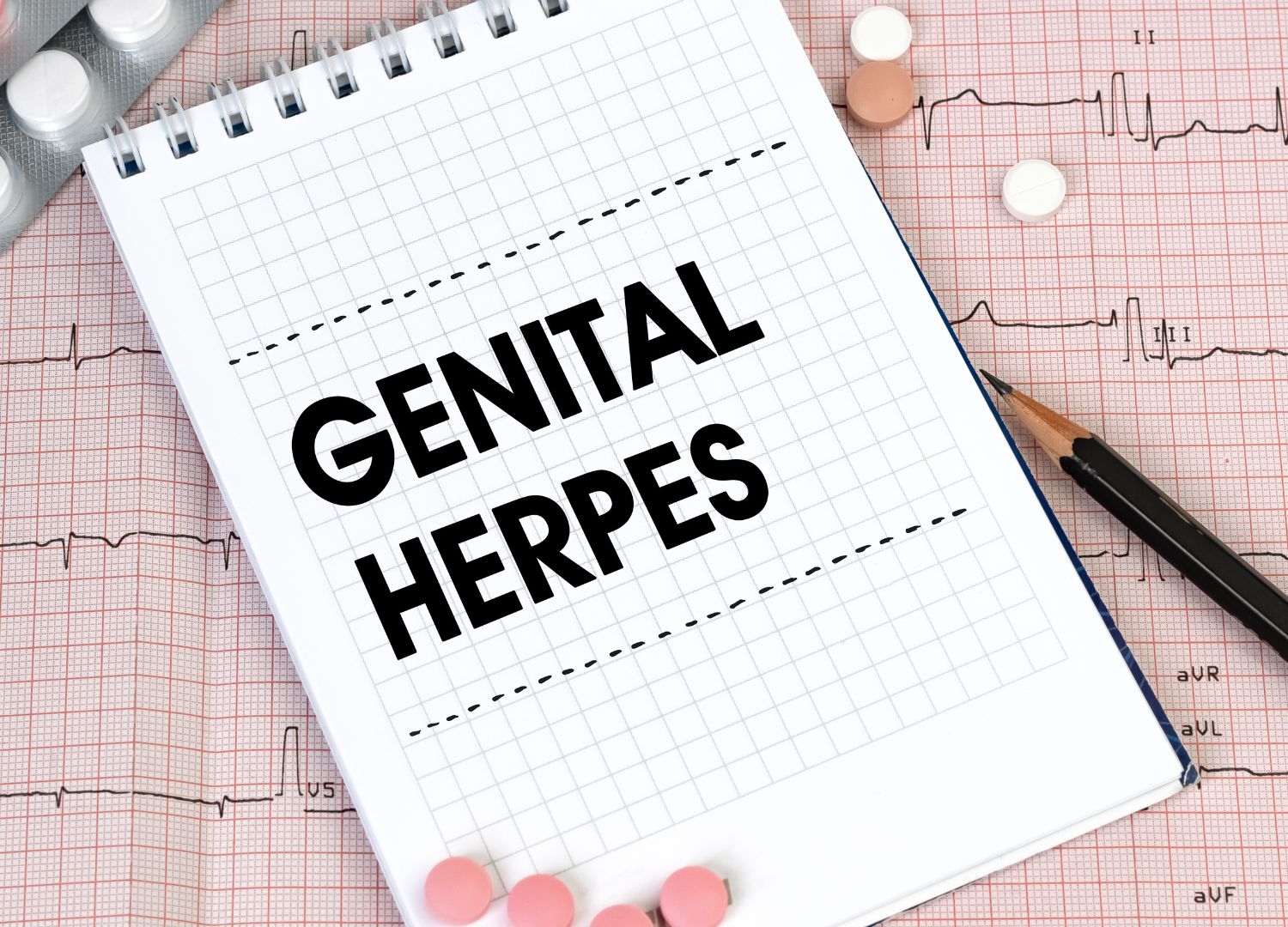
MANAGING WEIGHT GAIN FOR MENOPAUSE
Menopause na wen woman neva see dia period for almost one year.
Weight gain, along with oda symptoms like vaginal drying, hot flashes, mood swings, and hair thinning na some of the symptoms wen women dey experience for menopause.
Symptoms dey different among women, for some e go mild while for oda women e go severe.
Wetin be the relationship between weight gain and menopause?
During menopause, reduction for the female hormones estrogen and progesterone go dey .
These hormones, especially estrogen, dey help for the distribution of body fat to areas like buttocks and hips.
Bcos of absence of estrogen, this fat go accumulate around the woman belle.
Women dey begin notice the changes for dia body just before the menopause start. This is one dey known as the perimenopausal period.
Apart from hormones, other factors like aging, genetics, and lifestyle dey contribute to weight gain.
As person dey old, loss of muscle mass go dey . This, combined with reduced metabolism, go lead to burning of fewer calories and the accumulation of fat.
Genetics dey also play important role because your body size fit dey determined by the weight of your female relatives.
Also, inadequate sleep, too much sit down and poor eating habit fit contribute to weight gain.
Why the concern about weight gain?
Many risks dey associated with excess weight, especially for the abdominal region. Dem include health issues like heart diseases, stroke, diabetes, sleep problems, and breathing problems.
Dem don also find out say e dey increase the risk of some cancers, like breast cancer, endometrial cancer, and colon cancer.
Tips for weight loss
1) Exercise: Older people wen dey exercise dey better physical shape and enjoy healthier life pass the ones wen dey so so siddon .
Exercise dey help you lose weight and maintain healthy weight.
Most expert dey recommend make adult engage for moderate aerobic activity, and em include brisk walking or jogging.
You suppose exercise at least 4 to 5 times per week for about 150 minutes per week. This includes muscle-strengthening activity, wen you suppose do at least twice per week.
If you been don dey inactive for a while, e dey important to check with your doctor so you fit dey advised on how to start and the best exercise for you.
2) Diet: A crash diet is nor dey recommended, e nor dey provide your body with the nutrients wen e requires. Instead, eat more vegetables, fruits, nuts, and fish. Also, drink enough amounts of water, avoid processed foods, and limit intake of alcohol, red meat, and carbonated drinks. In place of energy drinks, coffee, and sweetened teas, go for water.
You go also need to eat smaller portions to reduce your calorie intake.
3) Other lifestyle habits: This one include make you dey get adequate sleep, quit smoking, and avoid to dey stay inactive
.
What about hormone replacement therapy?
Hormone replacement therapy fit help reduce some of the postmenopausal symptoms, like hot flashes, mood swings, etc.
While e nor dey exactly stop weight gain, e fit help with the redistribution of fat from the abdomen to your buttocks and thighs. But, hormone replacement therapy fit carry some risks. If you dey experience frustrating menopausal symptoms, reach out to your healthcare provider for advice on whether hormone replacement therapy dey right for you.
Summary
Weight gain for menopause fit dey quite frustrating, and for many women, e dey be like say e nor get anything wen den fit do about am .
While many women nor fit dodge weight gain, nor be every menopausal woman go experience am, cos other influencing factors dey .
But, e nor get as the case be , you fit give yourself fighting chance if you follow the recommendations wen we don discuss above.












